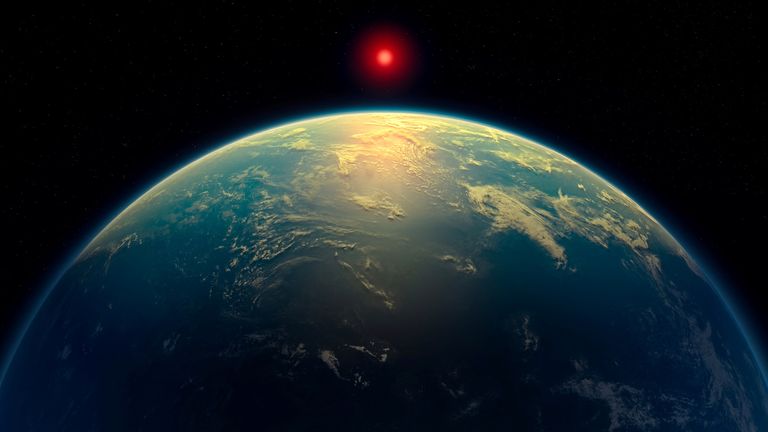Alien World Breakthrough: Strongest Hints of Extraterrestrial Life Detected Beyond Our Solar System

In a groundbreaking discovery, astronomers using the James Webb Space Telescope have detected tantalizing signs of potential life on K2-18 b, an exoplanet located beyond our solar system. This remarkable finding marks a significant milestone in humanity's quest to understand whether life exists elsewhere in the universe.
The distant planet, situated in the habitable zone of its star, has captured scientists' imagination with compelling evidence that suggests the presence of carbon-based molecules typically associated with biological processes. Researchers carefully analyzed spectral data from the advanced telescope, revealing complex chemical signatures that hint at the possibility of life-supporting conditions.
K2-18 b, a planet classified as a "super-Earth," orbits a cool dwarf star and presents an intriguing environment that could potentially harbor the fundamental building blocks necessary for life. While these initial findings are not definitive proof of extraterrestrial life, they represent an exciting step forward in our understanding of planetary ecosystems beyond our cosmic neighborhood.
The scientific community is buzzing with anticipation, recognizing that this discovery opens new pathways for exploring the potential for life in the vast, mysterious expanses of our galaxy. Further research and more detailed observations will be crucial in unraveling the mysteries surrounding this fascinating exoplanet.
